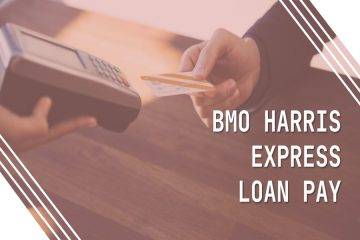When Are Loans a Good Option to Use?

Loans—sometimes viewed as life-savers, sometimes as traps. But when are loans a good option to use? The answer is complex, and it largely depends on your unique financial circumstances and how you plan to use the borrowed money. From home loans to personal loans, we’ll dive deep into the multifaceted world of loans, shedding light on the key indicators that signal when taking out a loan is a prudent decision.
What Are Loans and Why People Use Them
Loans are financial agreements where one party lends money to another, expecting the borrower to repay the amount with interest. People take out loans for myriad reasons—buying homes, cars, funding education, or even consolidating existing debt.
Loans for Major Life Milestones
Home Loans
Buying a home is a major life event, and for most, it’s financially impossible to pay for it outright. A home loan or mortgage is generally considered a good debt as it’s an investment in an appreciating asset.
Student Loans
Education can be expensive. However, if a degree significantly increases your earning potential, a student loan can be considered a sensible investment. Be cautious of interest rates and repayment terms.
Auto Loans
While cars are depreciating assets, an auto loan can be a good option if it allows you to get to a well-paying job that otherwise would be inaccessible.
Business Loans for Entrepreneurs
Small businesses often require an initial capital infusion to get off the ground. A well-thought-out business plan can make a business loan a good option, especially if it enables growth and expansion that will generate profit down the line.
Loans for Managing Finances
Debt Consolidation Loans
Having multiple debts can be challenging to manage. A debt consolidation loan can simplify this and usually comes with a lower interest rate.
Emergency Loans
Life is unpredictable. Unexpected medical bills or urgent repairs can necessitate an emergency loan. These are generally considered a last resort and should be handled with extreme care.
Key Considerations Before Taking a Loan
Affordability
Make sure you can afford the monthly repayments. Failing to repay can have dire consequences on your credit score.
Interest Rates
Pay close attention to the APR (Annual Percentage Rate), as that will dictate how much extra you’ll be paying back.
Loan Term
The longer the loan term, the more interest you’ll end up paying. Aim for the shortest term that is manageable for you.
Fees and Penalties
Look for any hidden fees or penalties for early repayments.
When Loans Are Not a Good Option
Taking a loan for a depreciating asset, using it for vacations, or for investment in risky ventures is generally not advisable.
Frequently Asked Questions
Q.1) Is a home loan a good option?
Ans. Generally, yes, because you’re investing in an appreciating asset.
Q.2) What about payday loans?
Ans. These are typically high-interest loans and should be a last resort for emergencies only.
Q.3) Are auto loans good debt?
Ans. They can be, especially if the car is essential for you to earn income.
Conclusion
Loans can either be a powerful financial tool or a debilitating burden. The key lies in understanding your financial circumstances and knowing when loans are a good option for your needs. With factors like interest rates, loan terms, and your repayment capacity in play, a well-considered loan can be an investment into your future.










